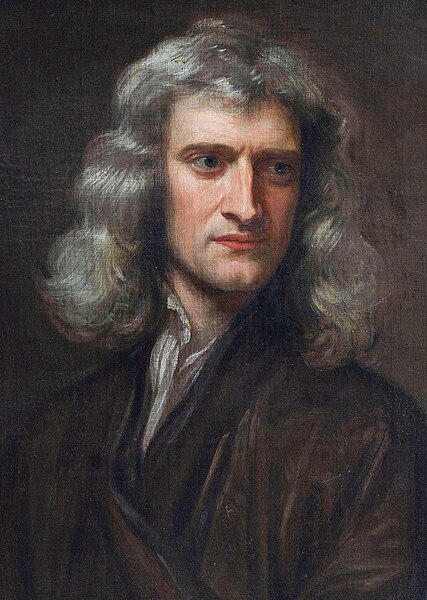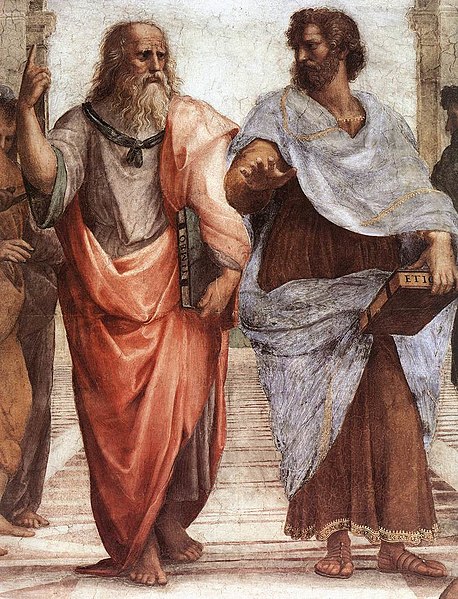Physics is the natural science of matter, involving the study of matter, its fundamental constituents, its motion and behavior through space and time, and the related entities of energy and force. Physics is one of the most fundamental scientific disciplines, with its main goal being to understand how the universe behaves. A scientist who specializes in the field of physics is called a physicist.
Ancient Egyptian astronomy is evident in monuments like the ceiling of Senemut's tomb from the Eighteenth Dynasty of Egypt.
Galileo Galilei (1564–1642) related mathematics, theoretical physics, and experimental physics.
Isaac Newton discovered the laws of motion and universal gravitation
Max Planck (1858–1947), the originator of the theory of quantum mechanics
Natural science is one of the branches of science concerned with the description, understanding and prediction of natural phenomena, based on empirical evidence from observation and experimentation. Mechanisms such as peer review and repeatability of findings are used to try to ensure the validity of scientific advances.
Onion (Allium) cells in different phases of the cell cycle. Growth in an 'organism' is carefully controlled by regulating the cell cycle.
Plato (left) and Aristotle in a 1509 painting by Raphael. Plato rejected inquiry into natural philosophy as against religion, while his student, Aristotle, created a body of work on the natural world that influenced generations of scholars.
Johannes Kepler (1571–1630). Kepler's Astronomia Nova is "the first published account wherein a scientist documents how he has coped with the multitude of imperfect data to forge a theory of surpassing accuracy", therefore laying the groundwork for the scientific method.
Isaac Newton is widely regarded as one of the most influential scientists of all time.








